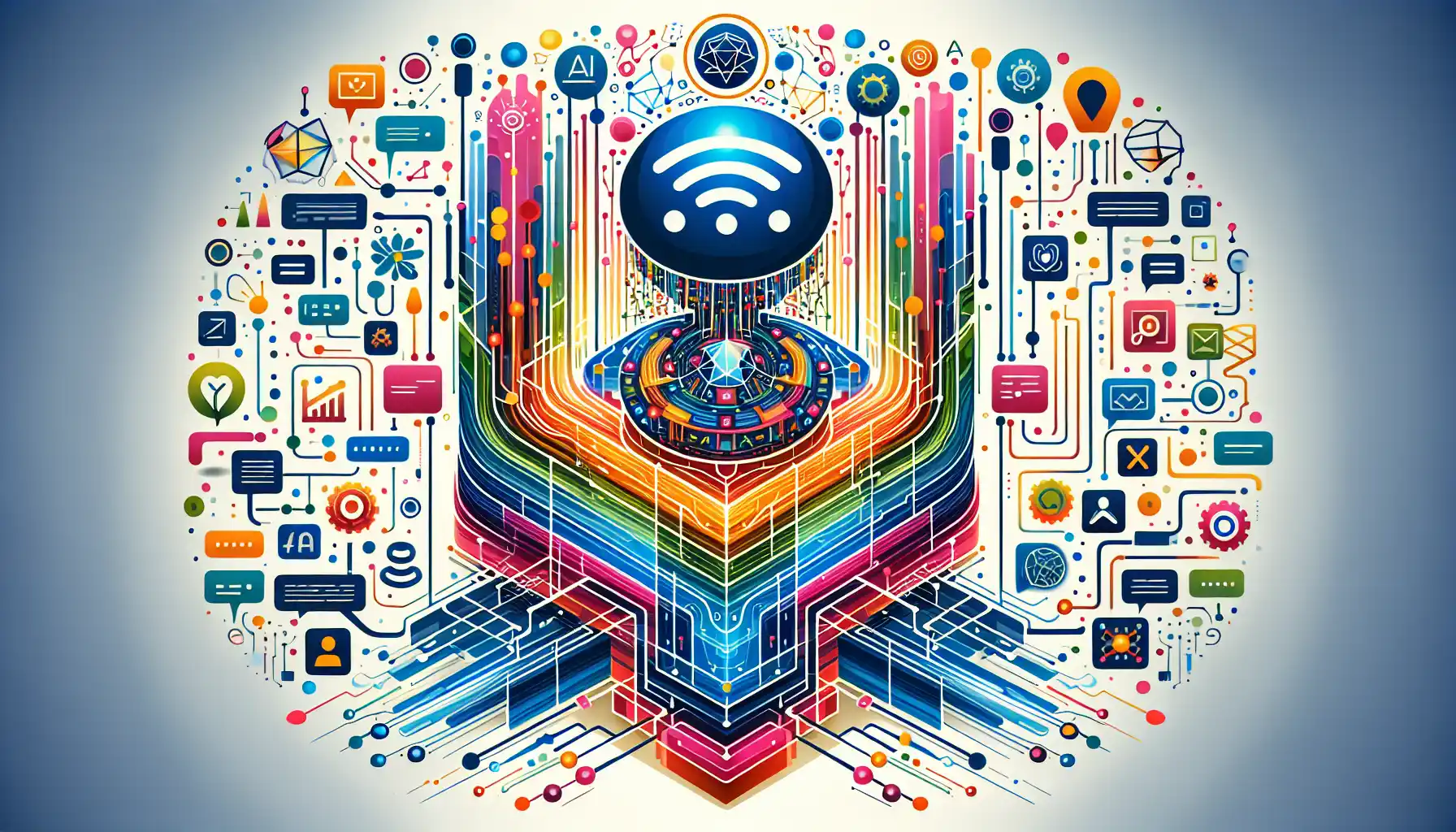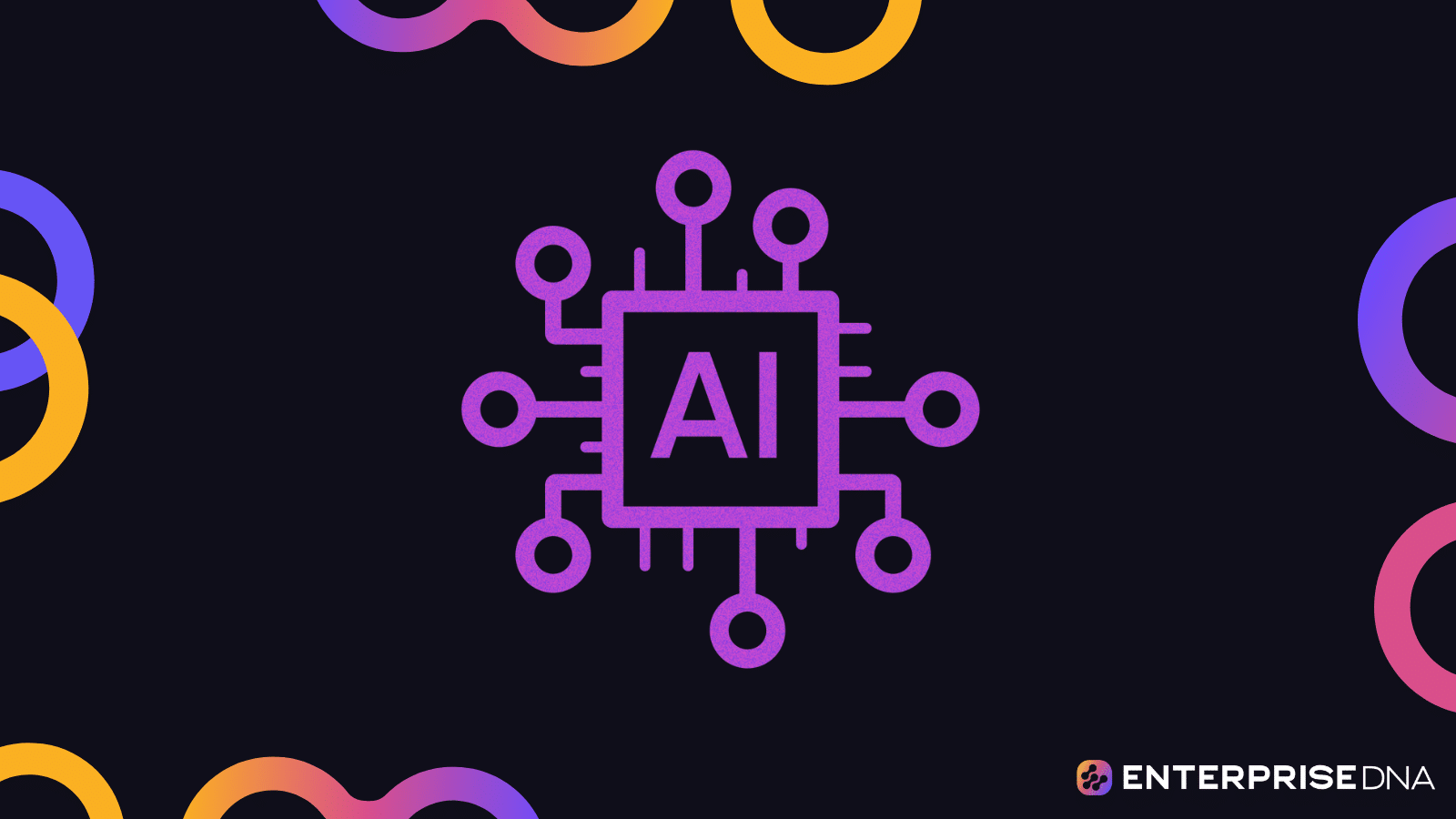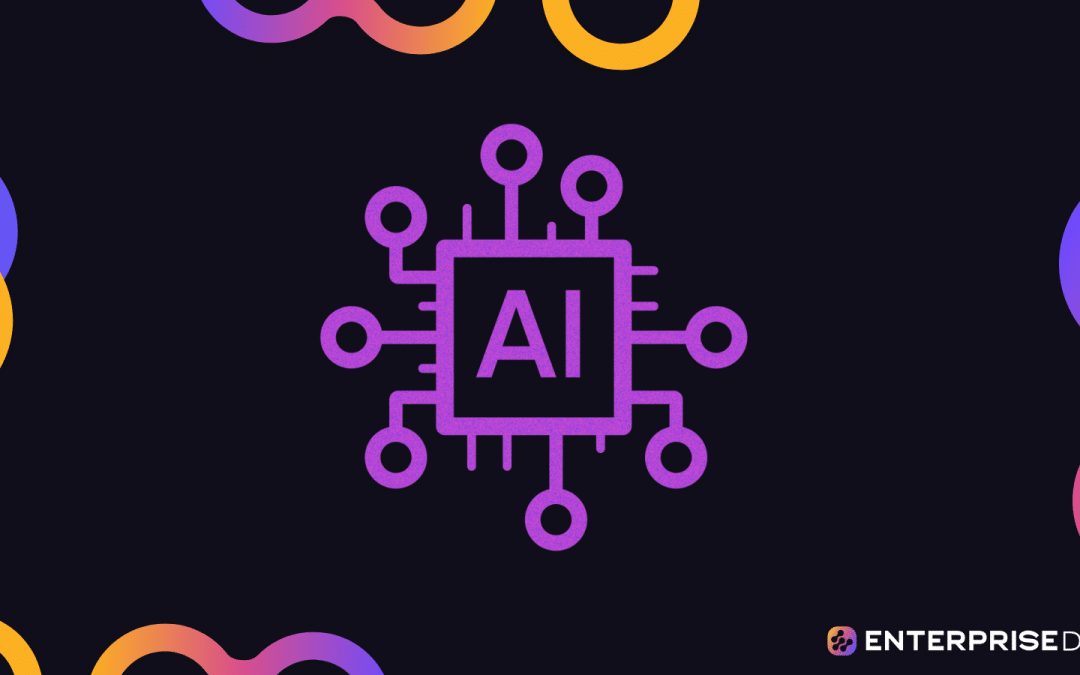Artificial Intelligence (AI) is a rapidly growing field that is changing the way we live and work. From improving healthcare and transportation to revolutionizing the way we interact with technology, the potential benefits of AI are vast and far-reaching.
However, as with any powerful technology, there are concerns and pitfalls that must be addressed.
In this article, we’ll be discussing the possible negative consequences of AI development. By doing so, you’ll be able to make better decisions and design AI systems that are safe, reliable, and ethical.
So, let’s get started!
Concerns and Pitfalls of AI Development

As AI continues to advance, there are several key concerns and pitfalls that researchers and policymakers must grapple with.
These issues range from the potential for job displacement to the ethical implications of AI decision-making.
1. Job Displacement and Economic Inequality
One of the most significant concerns surrounding AI development is the potential for job displacement.
As AI systems become more advanced, they have the potential to automate many tasks that are currently performed by humans.
This could lead to significant job losses in a wide range of industries, including manufacturing, transportation, and customer service. In fact, some estimates suggest that up to 47% of jobs in the US are at risk of being automated in the next 20 years.
The fear is that this widespread job displacement could exacerbate economic inequality, as those with the skills and resources to adapt to the changing job market will benefit, while others may struggle to find new employment opportunities.
2. Bias and Discrimination
AI systems are only as good as the data they are trained on, and this can lead to biased and discriminatory outcomes.
If an AI system is trained on a dataset that contains biased information, it may learn to make biased decisions.
For example, a hiring algorithm trained on historical data that shows a preference for male candidates may inadvertently perpetuate gender bias in hiring.
Another potential source of bias is the data that is collected by AI systems.
For example, facial recognition technology has been shown to be less accurate for people with darker skin tones, leading to potential discrimination in areas such as law enforcement and security.
3. Privacy and Security
AI systems often rely on large amounts of data to make decisions, and this can raise significant privacy and security concerns.
As more and more personal data is collected and analyzed by AI systems, there is an increased risk of that data being stolen or misused.
One of the most common examples of this is the use of AI in social media platforms.
These systems collect vast amounts of data about users, including their interests, habits, and social connections.
This data can then be used to target individuals with personalized advertisements, but it also raises concerns about the potential for that data to be misused or shared without the user’s consent.
Another significant privacy concern is the use of AI in surveillance systems.
These systems can track and analyze people’s movements and behavior, raising concerns about the potential for mass surveillance and the erosion of personal privacy.
4. Autonomy and Control
As AI systems become more advanced, there is a growing concern about the potential loss of human autonomy and control.
Some fear that as AI becomes more integrated into society, it may make decisions that are difficult to understand or override.
This could lead to a loss of agency and accountability, as well as the potential for AI systems to be used for nefarious purposes.
For example, there are concerns about the development of autonomous weapons systems that could make life-and-death decisions without human intervention.
There is also a growing fear that AI could be used to create highly convincing deep fakes or other forms of misinformation, making it difficult to discern what is true and what is not.
5. Environmental Impact
The development and use of AI systems also have environmental implications.
AI systems often require large amounts of computing power, which in turn requires significant energy resources.
For example, training a single large language model can produce as much carbon emissions as the lifetime of five cars.
This has led to concerns about the carbon footprint of AI and its potential contribution to climate change.
There are also concerns about the environmental impact of the hardware used in AI systems, such as the mining of rare earth metals for computer chips.
As AI continues to advance, it will be important to consider the environmental impact of these systems and work towards more sustainable and energy-efficient AI technologies.
Final Thoughts

While the concerns and pitfalls of AI development are significant, they should not overshadow the incredible potential that AI holds for improving our lives.
By acknowledging these challenges and working together to address them, we can create a future where AI is used in a safe, responsible, and ethical manner.
By doing so, we can ensure that the benefits of AI are maximized while minimizing the risks. In this fast-paced and ever-changing field, it is up to all of us to shape the future of AI in a way that benefits society as a whole.
And remember, AI, like any technology, is a tool, and it is up to us to determine how it is used. If you’re interested in exploring more topics in AI, make sure to check out our YouTube channel and subscribe to stay up-to-date on the latest trends and advancements.
Frequently Asked Questions

What are the major challenges of artificial intelligence?
The major challenges of artificial intelligence revolve around its potential negative impact on society, such as the loss of jobs due to automation, and ethical concerns about AI’s decision-making capabilities. Additionally, issues like data privacy, cybersecurity, and the risk of developing advanced AI that could be used for malicious purposes are key challenges in AI development.
What are the main concerns about the future of AI?
Some main concerns about the future of AI include the potential for autonomous weapons systems to be developed, the risk of widespread job displacement due to automation, and the ethical implications of AI decision-making, which may lead to biased or unfair outcomes. Additionally, the possibility of AI systems being used for surveillance and the loss of human autonomy are also major concerns.
How can we overcome the challenges of AI?
To overcome the challenges of AI, it is essential to develop and enforce regulations that ensure the ethical and responsible use of AI technology. Additionally, investing in AI safety research and promoting transparency in AI systems can help mitigate the risks associated with artificial intelligence. It is also important to address the social and economic implications of AI by providing education and training programs for those whose jobs may be at risk of automation.
What are the potential dangers of artificial intelligence?
The potential dangers of artificial intelligence include the risk of biased or unfair decision-making, which can lead to negative social and economic consequences. Additionally, the development of advanced AI could pose a threat to national security, as autonomous weapons systems could be developed. There is also a risk of job displacement due to automation and the potential for widespread surveillance using AI technology.
What are the positive aspects of artificial intelligence?
Artificial intelligence has the potential to bring about many positive aspects, including improved healthcare through more accurate diagnostics and personalized treatment plans. AI can also enhance productivity in various industries by automating repetitive tasks. Additionally, AI can improve safety and security by detecting and preventing potential threats. Furthermore, AI has the potential to create new jobs and opportunities in the field of AI development and research.
What are the ethical implications of AI?
The ethical implications of AI include concerns about fairness and bias in AI decision-making, the potential loss of jobs due to automation, and the impact of AI on privacy and surveillance. There are also ethical concerns surrounding the development of advanced AI that could be used for malicious purposes, such as autonomous weapons systems. Additionally, the question of AI’s impact on human autonomy and the potential for AI to create or perpetuate social inequalities are key ethical considerations in the field of artificial intelligence.










